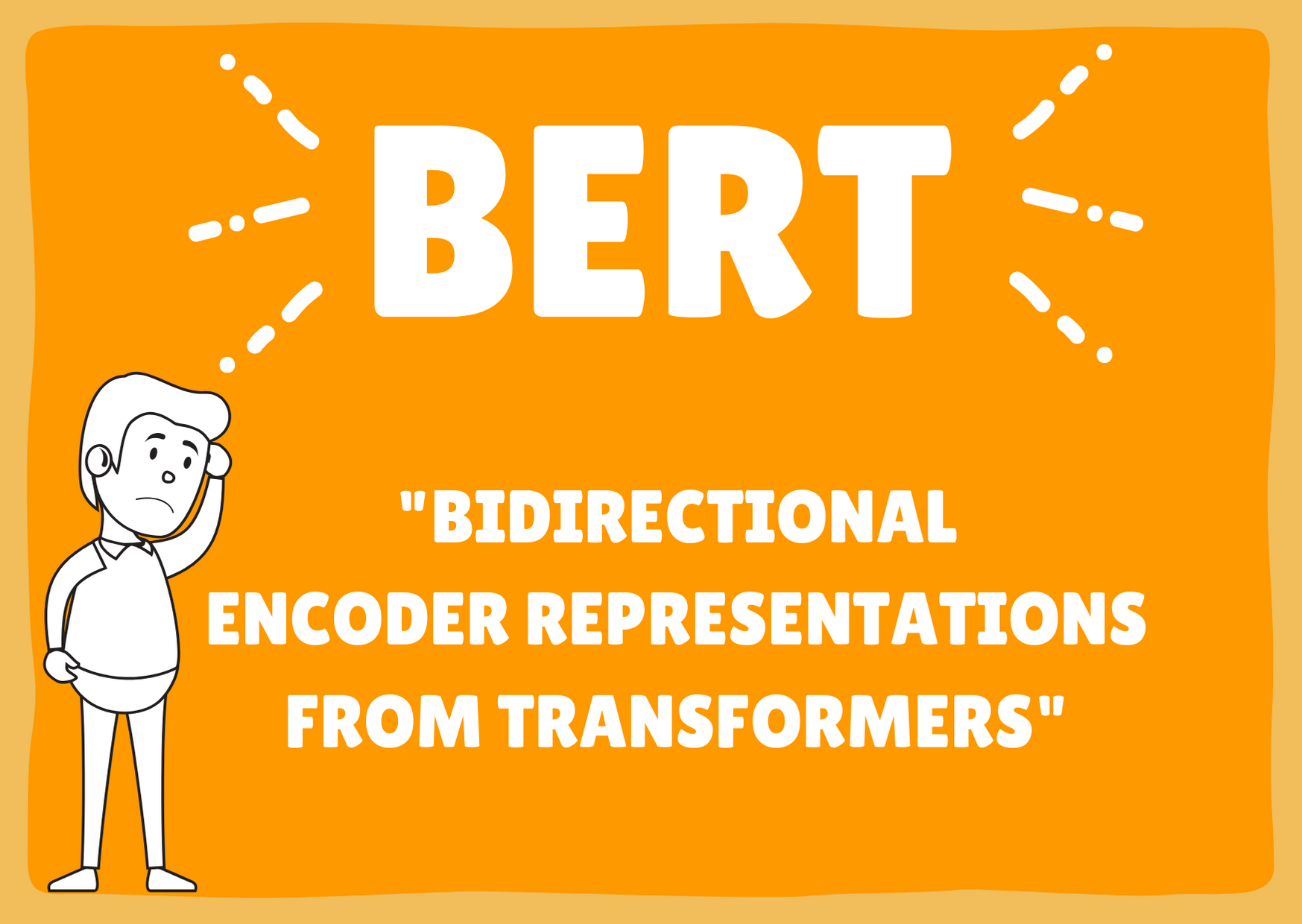
When it comes to ranking on Google, it’s no secret that showing up in search results comes down to content.
Over the past couple of years, the value of content—and the context surrounding that content—has been a huge focus for both content marketers and SEO strategists. However, as Heraclitus once said, “The only constant in life is change.”
So, while the latest update from Google continues its focus on the relevance of the content itself, it also focuses on the importance of context.
The BERT update is here.
The BERT update stands for “Bidirectional Encoder Representations from Transformers,” which is quite a mouthful. In short, the BERT update is Google’s first big step forward in applying contextual algorithms to a search query—over and above the keywords and key phrases used in the search query.
 With BERT – Context Is the New King
With BERT – Context Is the New King
If you consider the contextual words we use—such as “for,” “with,” or “to”—any of these words could change the context surrounding what we may be looking for in a search.
Another example would be a word such as “style.”
Depending on the core subject in your search (i.e., clothing, graphic design, or even sports players), your results could vary wildly. So, Google’s BERT update aims to make the context surrounding your search its main focus. This change impacts both the searcher as well as the structure of your website’s content.
Applying AI to Search
When it comes to leveraging AI to provide more relevant search results, one of the underlying drivers could be the rise of voice search.
Beyond the use of digital home assistants, using voice to search on our mobile devices is becoming more widely adopted. However, we search differently using voice search technology (usually) than we do when typing out our search.
So, AI is being used to better understand the context of search queries.
When typing a search, you might type something like, “bike riding in Los Angeles,” but using voice search you might ask, “where are the best places to ride a bike in Los Angeles?”
As the searcher, you might mean the same thing with these two searches, but Google’s BERT update looks not only at the keywords, like “Los Angeles” and “bike,” but also the contextual keywords before and after the core keywords to give you more accurate results.
According to Google:
“These improvements are oriented around improving language understanding, particularly for more natural language/conversational queries, as BERT is able to help Search better understand the nuance and context of words in Searches and better match those queries with helpful results.
Particularly for longer, more conversational queries, or searches where prepositions like “for” and “to” matter a lot to the meaning, Search will be able to understand the context of the words in your query. You can search in a way that feels natural for you.”
How Will BERT Impact You?
At this point, Google has reported that—in its current form—the BERT update will affect about 1 in 10 searches on Google.
So, your best course of action is to keep an eye on your site traffic in the coming weeks to see if you notice any fluctuations. If you are seeing a gradual uptick in traffic (not attributed to any marketing campaigns), then BERT may be working in your favor.
If the inverse is true (lower site traffic), then BERT may be affecting your rankings. There have not been reports of wild fluctuations (generally) yet, but we will keep our eyes glued as this update matures.
Optimizing for BERT
This latest update may have you asking, “How do I optimize my content for BERT?”
However, according to Google, this is not the approach you should be considering when it comes to your onsite SEO. In other words, there are no hard-and-fast rules that will make your content “BERT optimized.”
Instead, the general approach is to be sure you are optimizing your content for people rather than the algorithm. The more natural and conversational language will make a bigger impact than an updated set of alt tags.
Search Algorithm Expert, Dawn Anderson, had this to say about the update:
“BERT and family improve the state of the art on 11 natural language processing tasks. Even beating human understanding since linguists will argue for hours over the part of speech a single word is.
But what if the focus of a page is very weak? Even humans sometimes will be like “what’s your point?” when we hear something.
And pronouns have been very problematic historically, but BERT helps with this quite a bit. Context is improved because of the bi-directional nature of BERT.
There will still be lots of work for us to do since we need to emphasize importance, utilize clear structures, help to turn unstructured data into semi structured data, utilize cues on content light pages (e.g. image heavy but not text heavy eCommerce pages) using such things as internal linking.”

Moving Forward
At the end of the day, this update may be the beginning of larger, more impactful updates to come.
So, don’t jump in and start revamping your content with long-tail conversational keywords just yet. Just know that the core focus of this update is to provide more valuable search results, so a context-rich conversational approach to content is a safe bet with or without BERT.
As the ways in which we search for information continues to evolve, the main tool we use to search (Google) will evolve as well.
With Google’s goal of providing valuable search results being the number one focus, businesses of all sizes should take notice and ensure that the information they are providing continues to project expertise, authoritativeness, and trustworthiness.
If you are unsure of where to begin or are ready to take your content to the next level, contact National Positions for a complimentary 1-hour consultation with one of our marketing experts today!